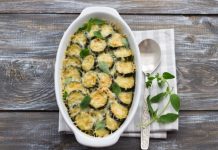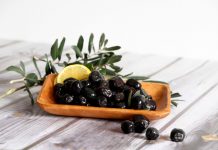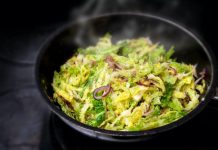Vitamin D element is vital for many processes within the body. For example, with a deficiency, calcium's normal absorption is impossible, resulting in the fragileness and vulnerability of the bones, teeth, hair, and nails. Additionally, metabolism, immunity, the neurological system, and muscles all suffer from vitamin D deficiency. There is speculation that low vitamin levels directly provoke diseases such as.
- obesity
- diabetes
- hypertension
- cancer of various types
- autoimmune disorders - for example, multiple sclerosis
- depression
The required daily intake of vitamin D for people aged 1 to 70 years is 15 mcg (600 IU in international units).
There is a widespread belief that vitamin D supplementation is not necessary. Under the influence of sunlight, our body produces the appropriate amount. This is true, but only partially.
To get the daily dose, it is necessary to expose at least 40% of the body to direct sunlight for 20 minutes a day. The average city dweller does not have the opportunity to get that much sunbathing, even in summer or warm regions. And if the sun is not enough, the situation is aggravated; the required daily dose of vitamin D is increased up to 1000 IU (25 μg).
Read also: Who Should Eat Flax Seeds And Why?
In general, there are no options. We should all seek out additional sources of the vitamin besides sunlight. Fortunately, doing this is not too challenging. It is enough to include in the diet foods that are guaranteed to replenish your D-reserves.
1. Salmon
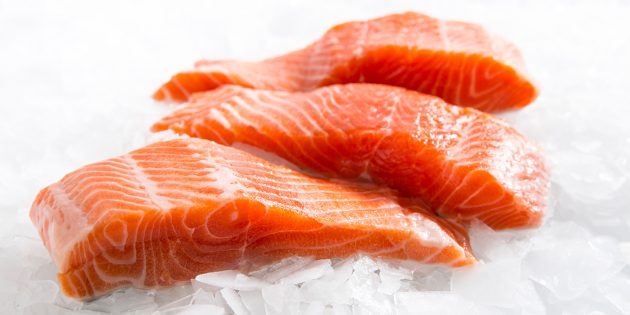
100 g of this fish contains an average of 360 to 685 IU of vitamin D. But where the salmon was caught is important.
Research shows that fish grown in nature have more vitamin - approximately 1000 IU per 100g. That is, a portion of wild salmon covers the daily D-requirement in full. Farmed fish, however, is less valuable; it contains only 250 IU of vitamin per 100g.
2. Herring, sardines, mackerel, and halibut
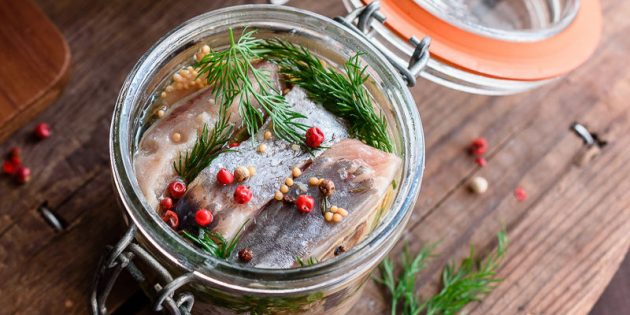
More budget-friendly alternatives to salmon. Fresh Atlantic herring contains on average 1,628 IU Vitamin D per 100-gram serving. And this is even more than the daily value.
By the way, do not worry about a possible overdose; a healthy body itself regulates the number of vitamins supplied with sunlight and food. Excess vitamin D is most often earned by overusing pharmacy dietary supplements.
Pickled herring also contains enough vitamin - an average of 680 IU per 100 g. But this product has a drawback: it contains too much salt.
Other types of oily fish are good.
- sardines - about 270 IU per serving
- mackerel - 360 IU per serving
- halibut - 600 IU per serving
3. Fish oil from cod liver
About 450 IU of vitamin D are present in one teaspoon of this kind of fish oil. This is a good claim for success, but it is important to keep in mind that too much fish oil can be dangerous to health.
4. Canned tuna
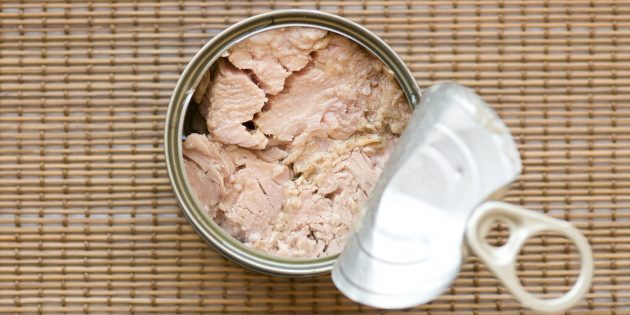
Also read: Which Vegetables And Fruits Are Healthier: Fresh Or Frozen?
Its advantage is the availability and low cost. Up to 236 IU of vitamin D can be found in 100 g of canned food. Also, tuna is a source of vitamin K and niacin. But there are also disadvantages. For example, canned food contains salt. Also, such tuna may have increased mercury content. Therefore, do not eat more than 100–150 g per week.
5. Shrimp
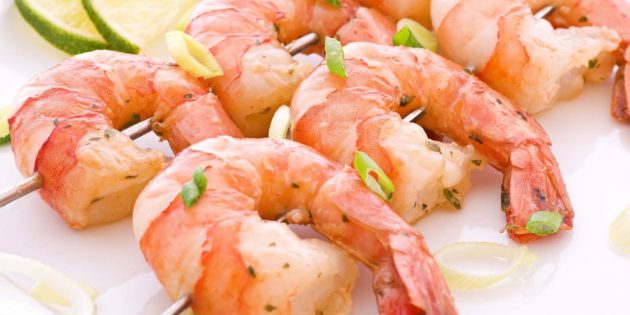
Vitamin D is not that much in them - about 150 IU per 100g. But shrimps have one indisputable advantage: unlike marine fish fillets, their meat has a minimum amount of fat.
Adapted and translated by The Cop Cart Staff
Sources: Life hacker

